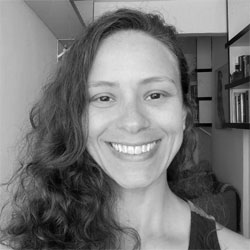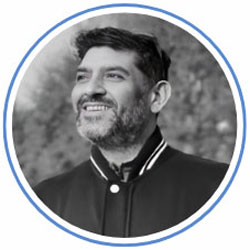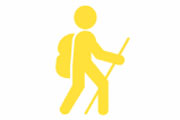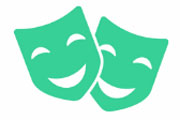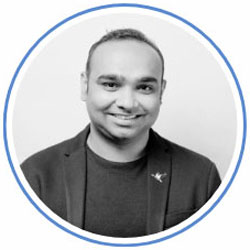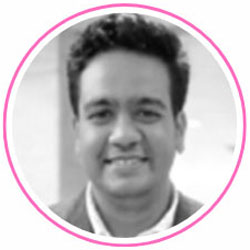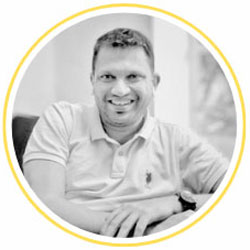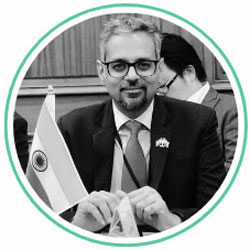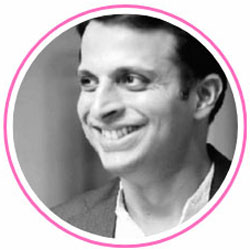My Observations at the AEE Conference, Pune 2024
I had the privilege of attending the AEE (Association for Experiential Education) – APAC conference in Pune at Sandeep Pani, a part of the Symbiosis International University, in October 2024. My colleague Blessin Varkey, and I went to share our expertise on interspersing Improvisational Theatre with leadership and behaviour related topics.
The conference was proceeded by two days of Masterclasses by various professors and stalwarts of experiential education from across the APAC region and Australia.
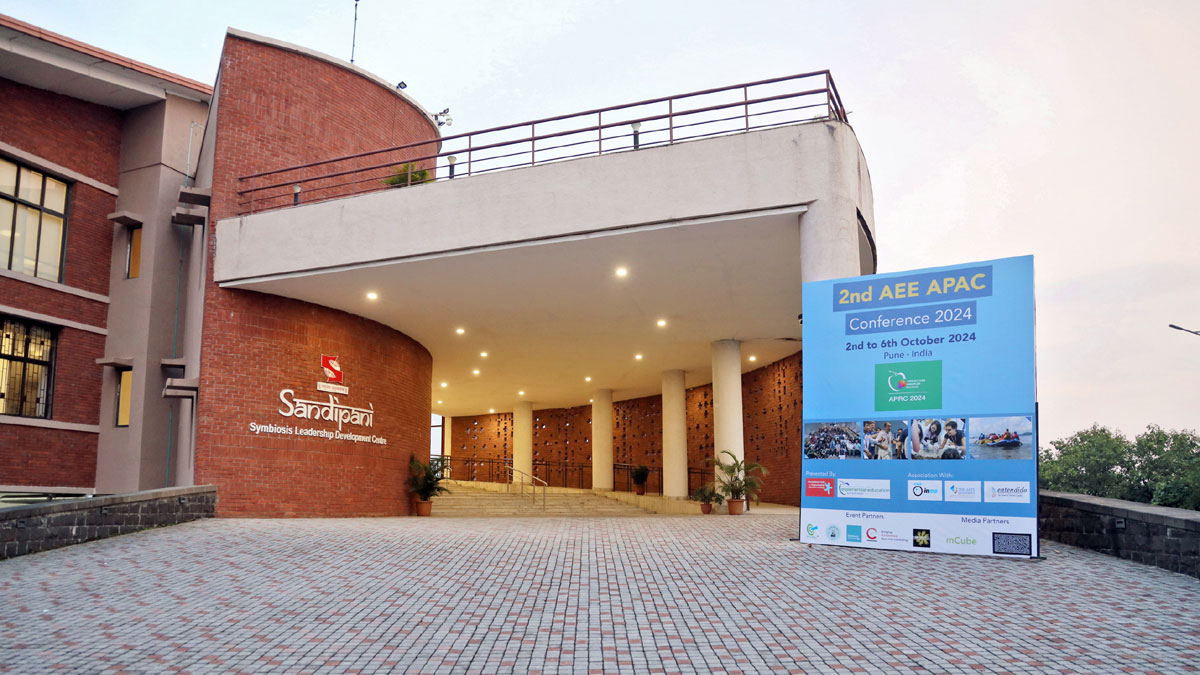
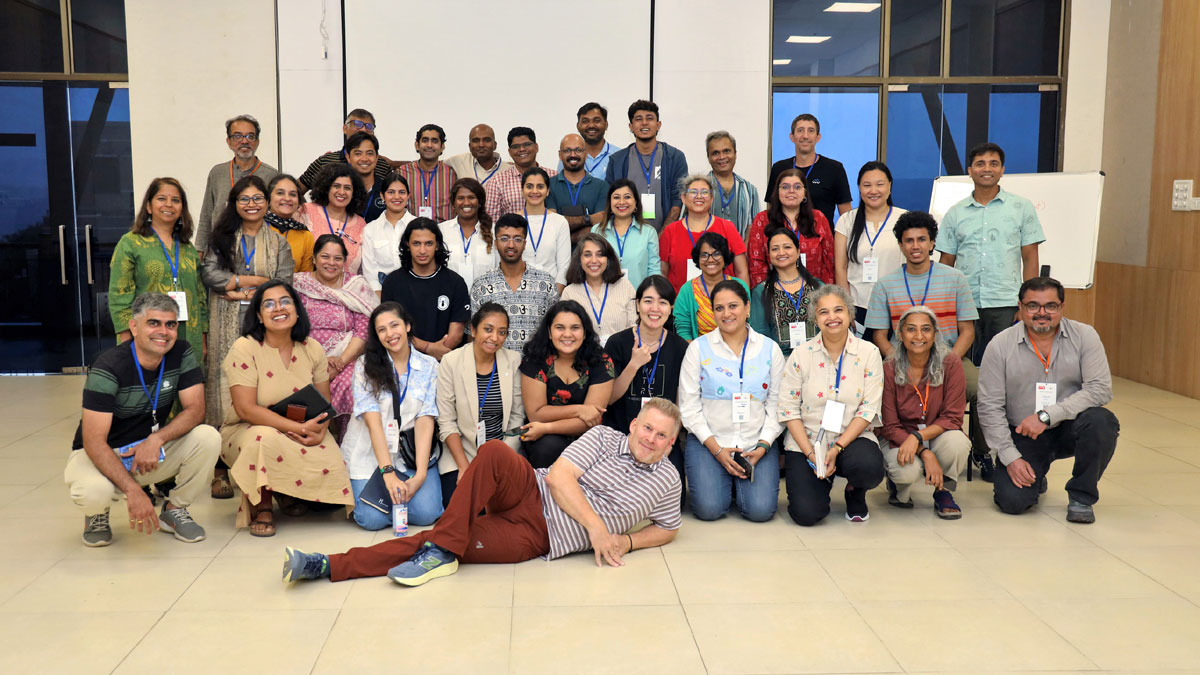
My exposure to Experiential Education (EE)
I was introduced to experiential education by the founder of INME – Tarun Chandna, 22 years back, and I was introduced to Vishwas Parchure around the same time. The kind of work that Vishwas has done in the last 30 years to bring about experiential education in India is highly commendable. He created the Diploma in Experiential Education Practices, or DEEP, and introduced experiential methodology to hundreds of facilitators, who use the methodology in their way of working. I always believed that knowledge that remains at the level of the mind never becomes real. It needs to percolate down to the body for it to take meaning.
The Conference
We reached on the first day of the conference, and there was a powerful keynote given by Vishwas Parchure on the evolution of experiential education practices in India.
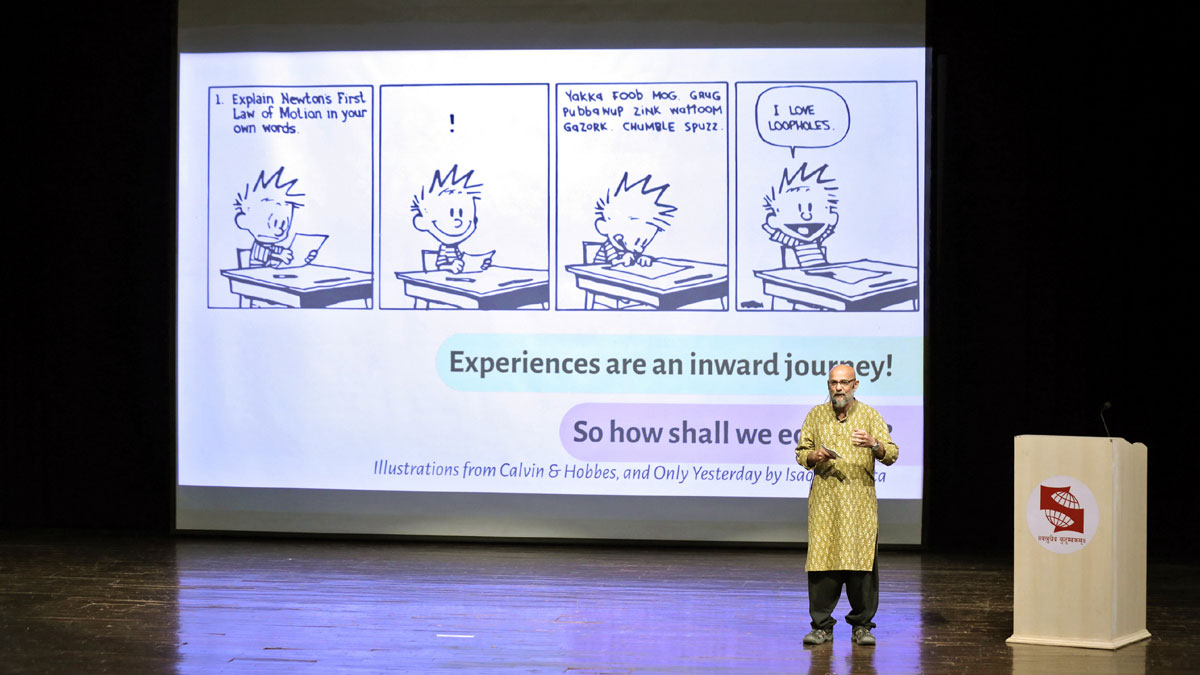
Post which I attended a round table conversation about cultural place-based OET (Outdoor Experiential Therapy) practices in India and Australia. What I found very interesting, was that all the facilitators of this round table Claire Raffety, Anita Pryor, Amanda Smith, and Amy Mitchell, all Australians, emphasised on gratitude to the land before learning begins. They shared small seashells and other collectibles from across Tasmanian shores for us to be able to really connect with the land even though we sat thousands of miles away.
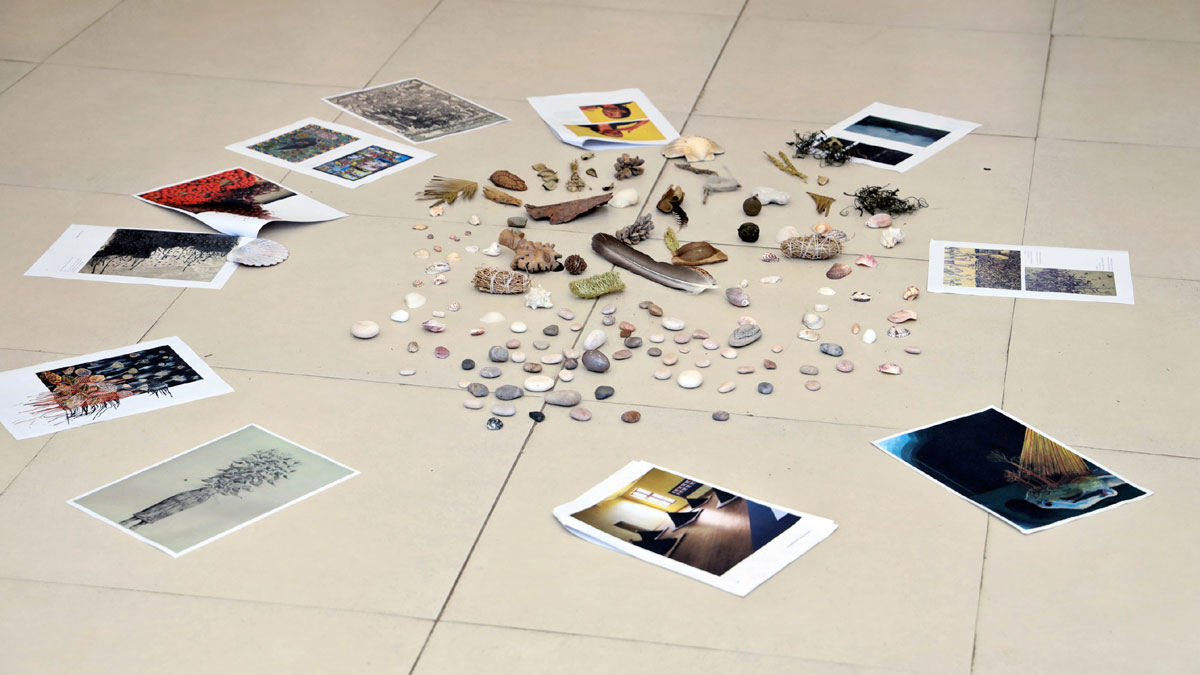
In the same way, the round table happened in the outdoors, and not in a conference room, so that we were able to connect with the land that we were physically sitting on. It would have been a twisted irony if we had had it indoors, while talking about the outdoors!
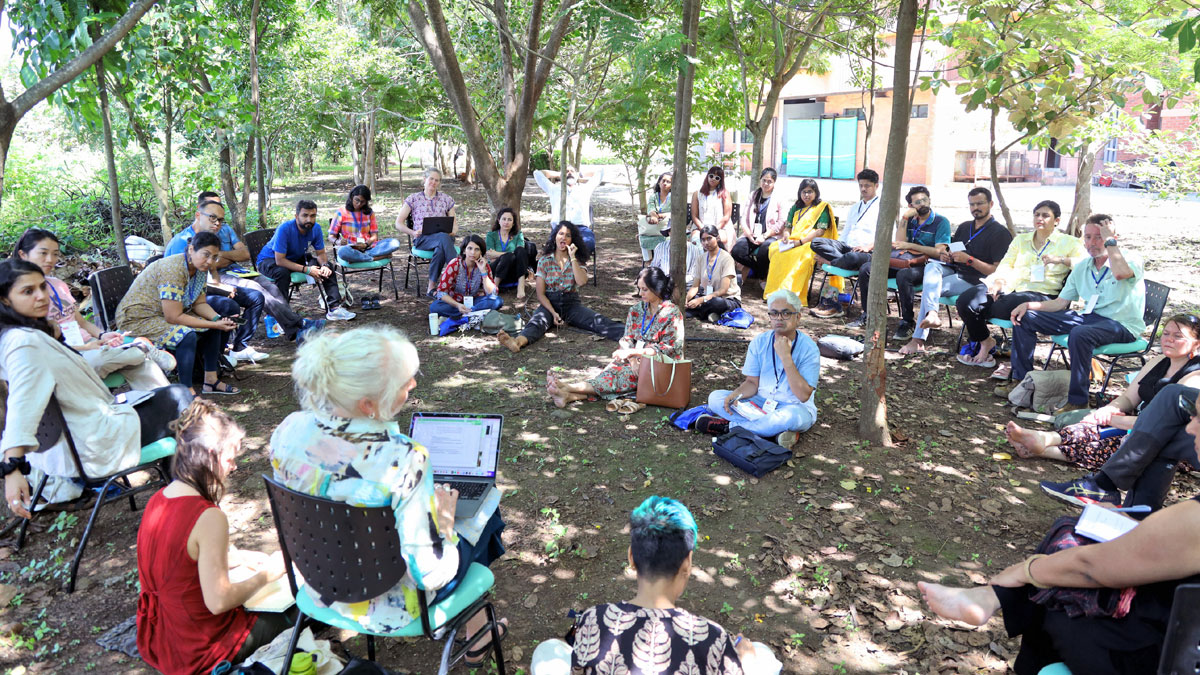
Engaging in the growing field of OET globally invites us to consider the question: how can I develop and grow my outdoor practice in ways that are safe and effective for participants, and ordering of history, land, and place-based cultures? The round table shared some key elements of Adventure Works, an Australian OET practitioner, and training provided by Qualia, an outdoor therapy provider in India. A very insightful discussion, it was. What made it insightful was how some of the indigenous cultures of Australia were at the base of outbound training. It got me to wonder about the love for the land vs your love for your land.
During the conference, I also attended a one hour talk on EE accreditation for training organisations who work in the Outdoors. The workshop was an introduction to an accreditation with AEE. It had an overview of the gravitation process, benefits, and common obstacles in accreditation. The workshop was conducted by Aaron Funnel who is a risk management consultant for outward bound international and overseas risk management reviews in over 30 countries in the global outward-bound network. He is a program reviewer for the association for experiential education, accreditation program and secretary of the EE accreditation Council. I spoke about the Warriors Path that I would love to have accredited as a program by AEE. It would be a while till we get the accreditation because there are over 120 checklist points to clear!
Another talk that I could not attend, but thankfully, Blessin was able to, was how risk management saved lives during the Thai cave rescue by Josh Morris. Josh is an avid climber based in Thailand since 1999 and has managed risk while connecting communities and cultures, a skill that enabled him to play a critical role as the lead of the international team that led the cave rescue in Mae Sai, Thailand in July 2018. What the Thai rescue team demonstrated was sheer determination and excellence under duress, in addition to patience and bravery.
Another interesting keynote was by Dr Kris Lions, who is a teacher, and yet he hopes he acts much more as a facilitator. He has been involved in experiential education for close to 50 years, and it was a complete privilege to hear him speak about his journey as a teacher, as a facilitator and as one of the pillars for experiential education.
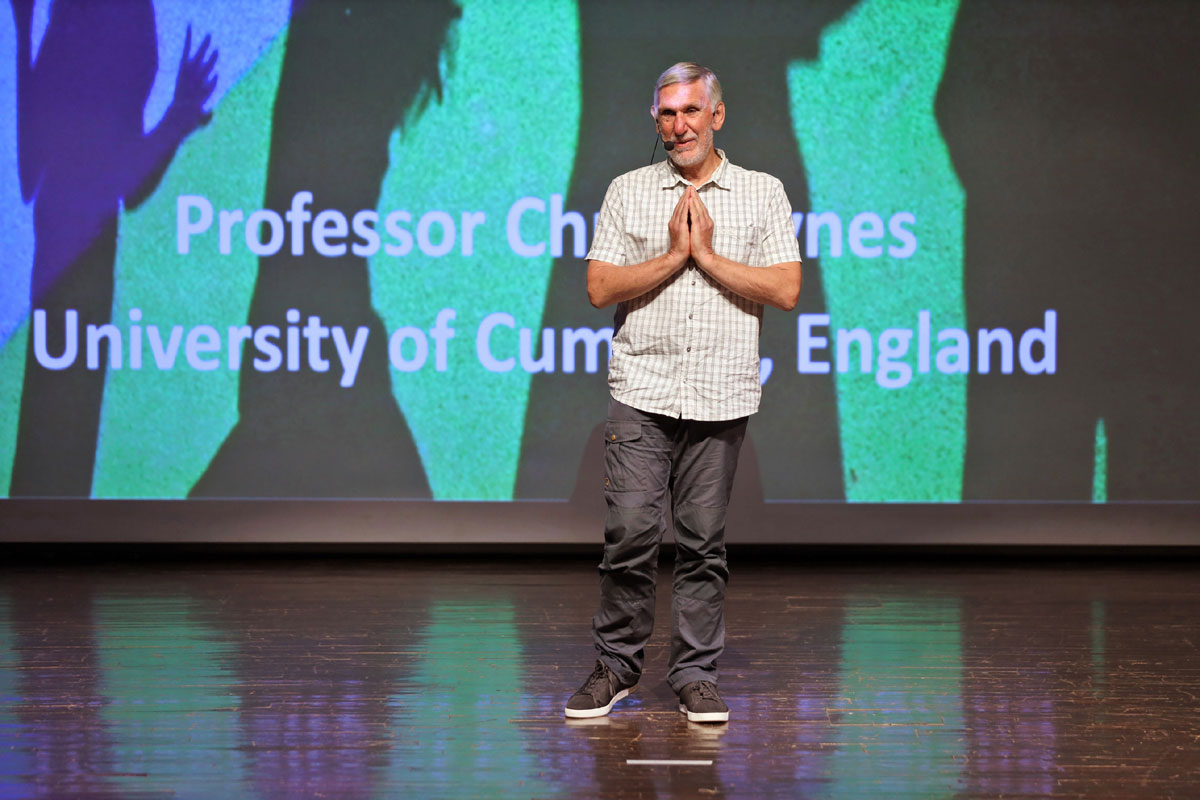
What was fantastic was a segment called ACTIVATEE which featured four speakers who were chosen to come and tell their story. There was Chetan Vohra, who created, after much struggle, a set of non-violent animation comics for children with the emphasis on nonviolence; there was another lady called Puja, who, in spite of major illnesses has made a name for herself in the space of outdoor education; there was a pre-recorded video by a Pakistani speaker who shared his story, and then there was Samar Farooqui – India’s first and Best Slack line performer or artist. I attended his workshop at the experience conference, few years back and followed in much awe the story of all his travels and Traverses. When he walked up on stage it stunned me into silence. He shared a story of how while he was based jumping in Switzerland, his parachute did not open and if not for a tree jotting out of the mountain, he won’t have been around to tell us that story. The story was of almost a year of multiple surgeries, nuts and bolts inserted in his body and how he came out of that slump to be able to come up on stage and share with the world, the importance of determination.
On day two, Blessin and I shared three hours of our work in using improvisational Theatre to address leadership and behavioural topics. During our session, we introduced Improv concepts such as the ‘Yes and mindset’ and ‘make the other person look good’. We spoke about trust and empathy, and creating an ecosystem of allyship and how they could share this learning with others. All the participants in our workshop were educators themselves, so they were able to take a lot of tips that they can share with their own participants in their own work. We also shared a framework that we have been mapping for the last 15 years, which talks about how principles of Improvisational Theatre can help in addressing behavioural and leadership topics, especially because we were able to map it with David Kolb’s experiential learning cycle.
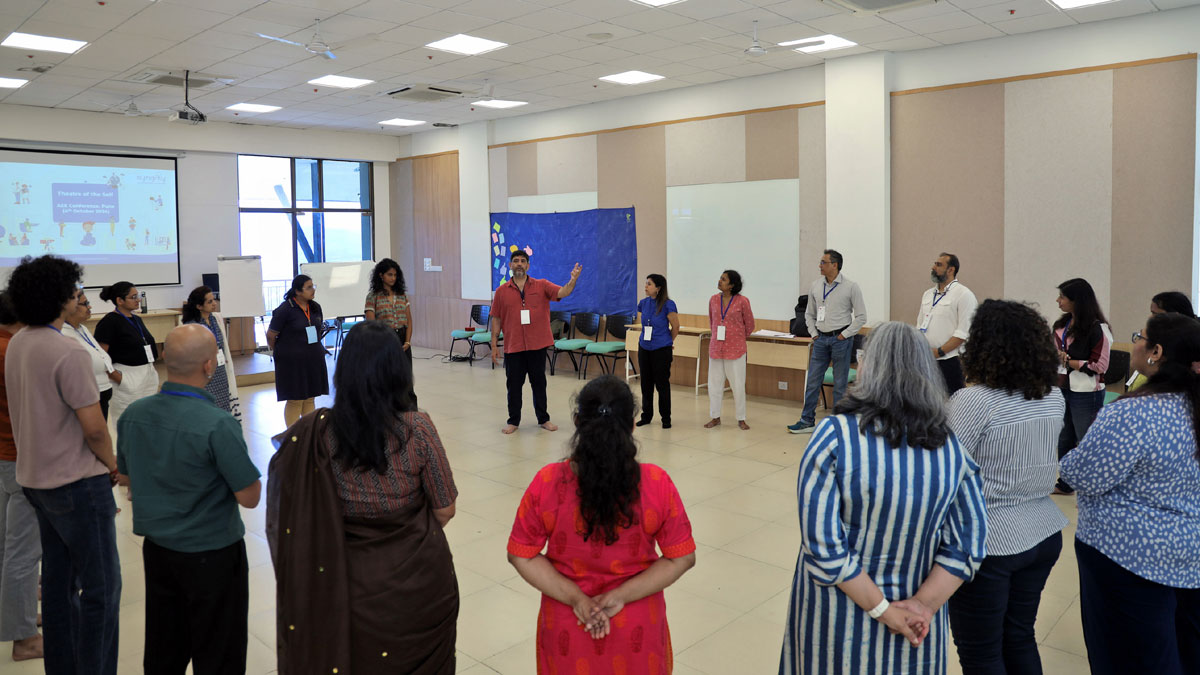
At this point, it is very important for me to thank all our clients who have adopted some of the methodologies that we have shared with them over the last few years using Improvisational theatre, Forum theatre, et cetera. Some of our clients were extremely kind to send us a testimonial that we could share with the people at the conference. We are hoping to be able to share it at the international conference for Experiential Educators Conclave in 2025.
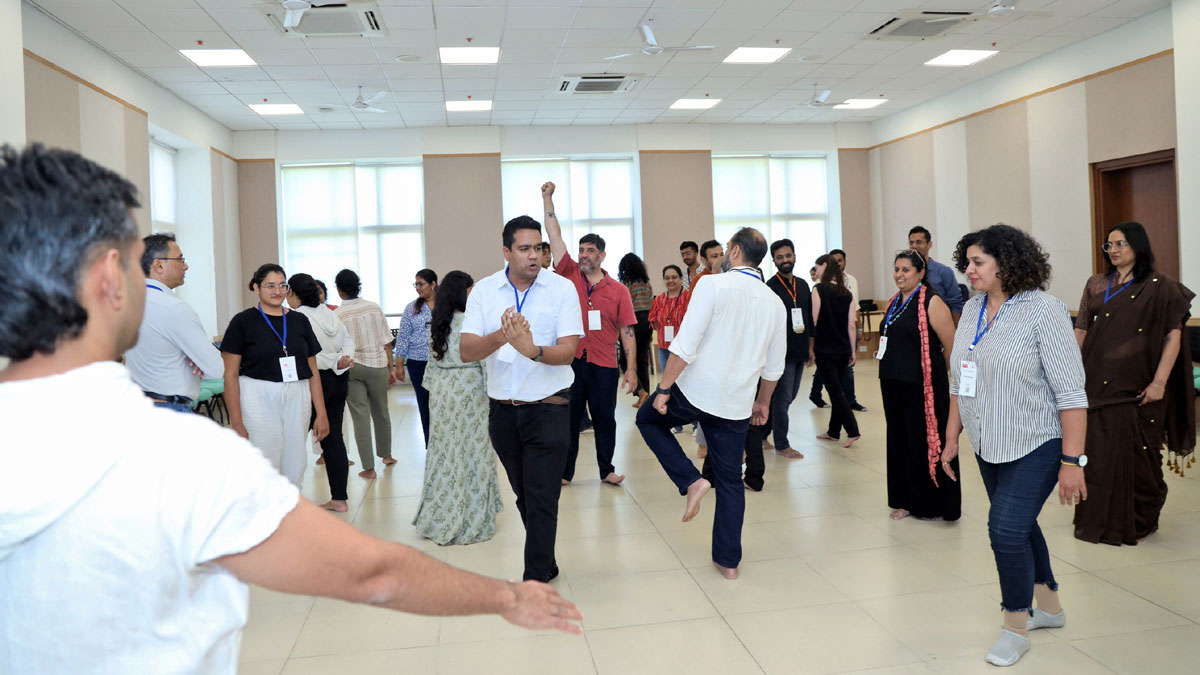
I’ve been a part of the experiential education fraternity for over two decades, and this was probably the first time that I saw the entire fraternity come together to share ideas, perspectives, learnings, tips, and techniques to navigate all that we can face in our programmes that use the tenants of experiential education. What I saw was a community, a tribe that we can belong to; something that is the need of the hour. What I saw was also access to immense knowledge and wisdom by some of the people who pave the path of experiential education for the rest of the world.
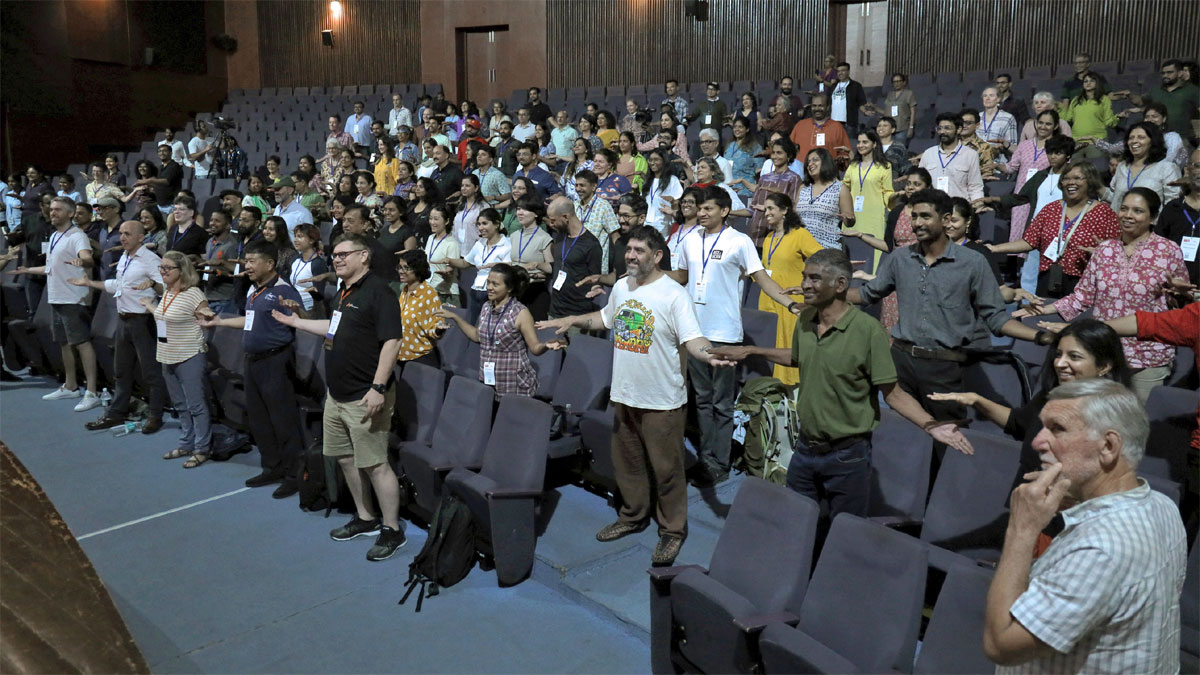
 Vikram Badhwar, CEO, Syngrity, is a communications coach, an experiential educator, and an artist trying to bridge the gap between the creative and the analytical side of our brain. He consults individuals and teams in the space of learning & development to enable transformations at a personal, professional and organizational level.
Vikram Badhwar, CEO, Syngrity, is a communications coach, an experiential educator, and an artist trying to bridge the gap between the creative and the analytical side of our brain. He consults individuals and teams in the space of learning & development to enable transformations at a personal, professional and organizational level.


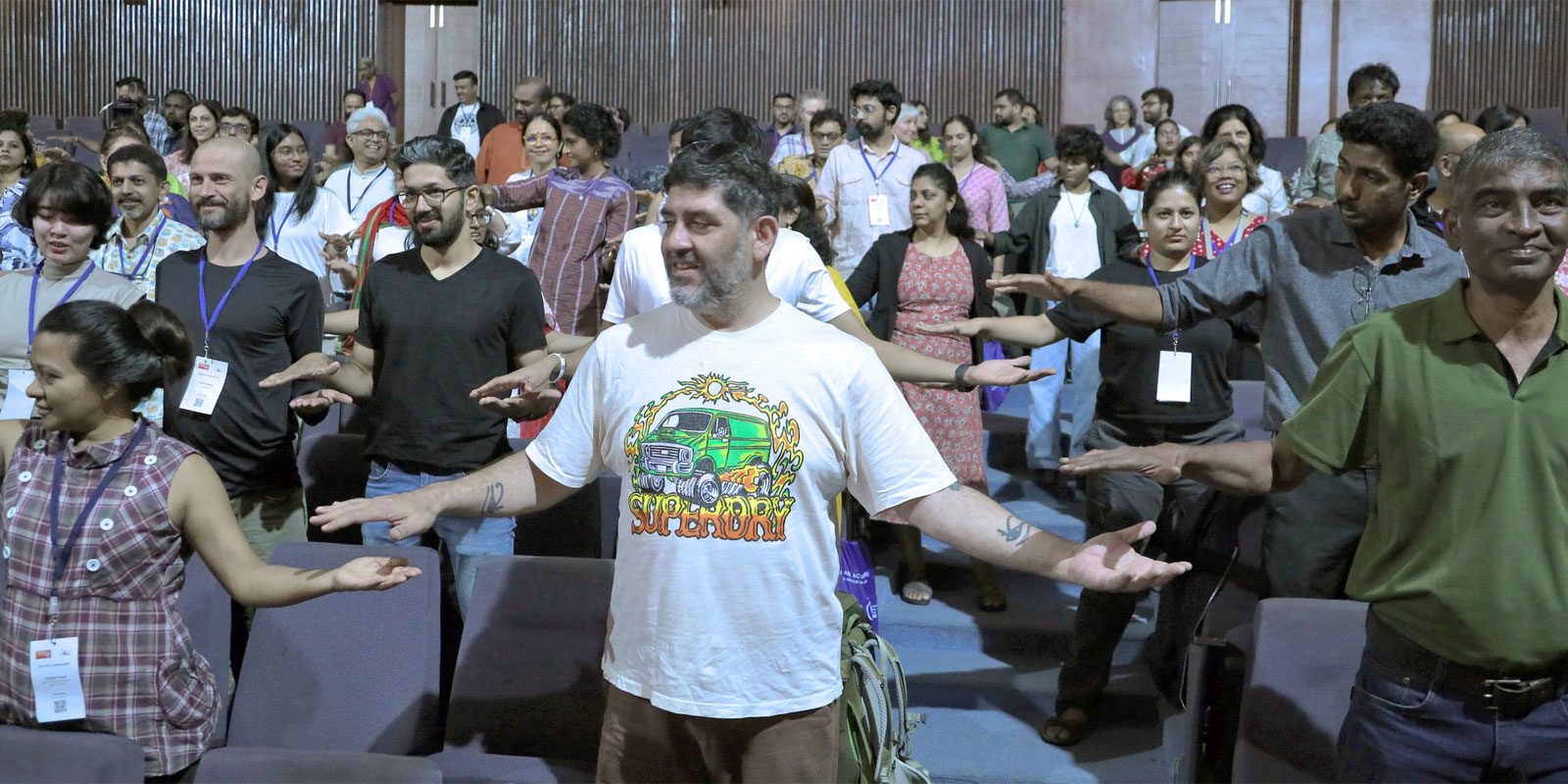
 MALATI VASUDEVA
MALATI VASUDEVA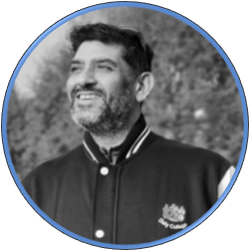 VIKRAM BADHWAR
VIKRAM BADHWAR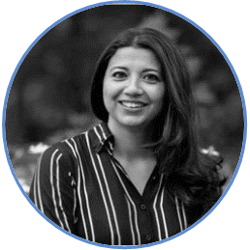 PRIYANKA KUMAR
PRIYANKA KUMAR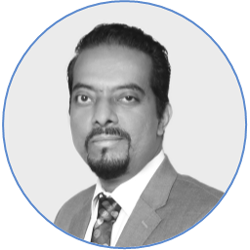 SUMAL VARGHESE
SUMAL VARGHESE